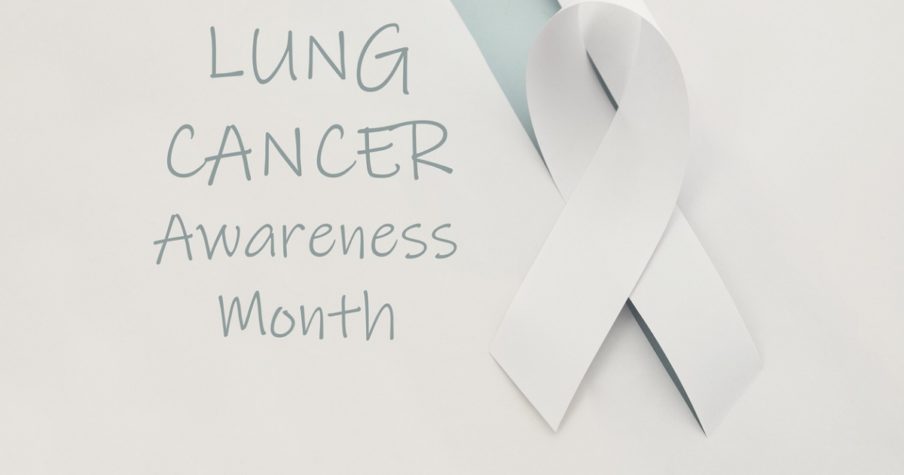The month of November is designated as Lung Cancer Awareness Month.
The Lung Cancer Awareness Month Coalition is a group of leading international research and advocacy organizations that partner each November in an effort to improve outcomes for lung cancer patients across the world. Unlike many other diseases, with lung cancer, there is a shocking lack of knowledge among both patients and physicians about effective risk reduction and treatment options. The Coalition seeks to fill this void, inspiring hope and achieving better results for patients in the process. Most of all, the Coalition strives to debunk the unfair assumptions and stigma associated with lung cancer by better educating the public on the disease and its causes.
A lung cancer screening, completed via low-dose Computed Tomography (CT), takes only a few minutes to complete and the results are usually delivered to your healthcare provider within one business day. Visit this link to learn more about our lung cancer screening service and the Capitol Imaging Services facilities that perform this exam.
Lung Cancer Awareness Month is held each November to increase awareness for the disease, which is the most deadly of cancers and produces more than 225,000 new cases per year in the United States alone.
Areas of emphasis include:
Increased screening
Coalition partners have previously outlined the dire need for a comprehensive implementation of existing country-specific lung cancer screening guidelines for high-risk individuals. Although clear data exists identifying who should be screened, implementation still lags. In the United States, for instance, of the approximately nine million people who qualify for screening, only about three percent actually get screened.
Expanding knowledge of treatment options
Coalition members and panelists have discussed the need to educate patients about their treatment options, which are rapidly expanding. With advances in molecular categorization of tumors, a variety of emerging targeted therapies, immunotherapies and other precision medicines, there are a number of options for patients beyond traditional forms of treatment, even for those with advanced stages of the disease. Members and panelists also expressed a need for better education for community doctors about lung cancer’s rapid advances. With more information, these doctors will have greater awareness of the treatments that save patients’ lives.
“Research has made huge improvements in not that long of a timespan. Back in 2006, there was virtually nothing. At the time, we met a lot of patients whose doctor simply said ‘Oh, you have lung cancer, go home and get your affairs in order.’ Today, that just isn’t the case,” said Montessa Lee, a survivor and advocate. “In these last couple of years, we’ve seen a whirlwind of new advances and new treatments.”
Increasing clinical trials
The last key area is to dramatically increase clinical trials, which are generating promising results. While clinical trials can provide better outcomes than standard treatments, only three to five percent of lung cancer patients in the U.S. participate in clinical trials.
Throughout November, coalition partners will continue to focus on smoking prevention, which remains the leading cause of lung cancer. They will also work to combat unfair stigma associated with the disease, educating the public on recent medical progress and the multiple causes of lung cancer, such as radon exposure, family history and other environmental factors.


